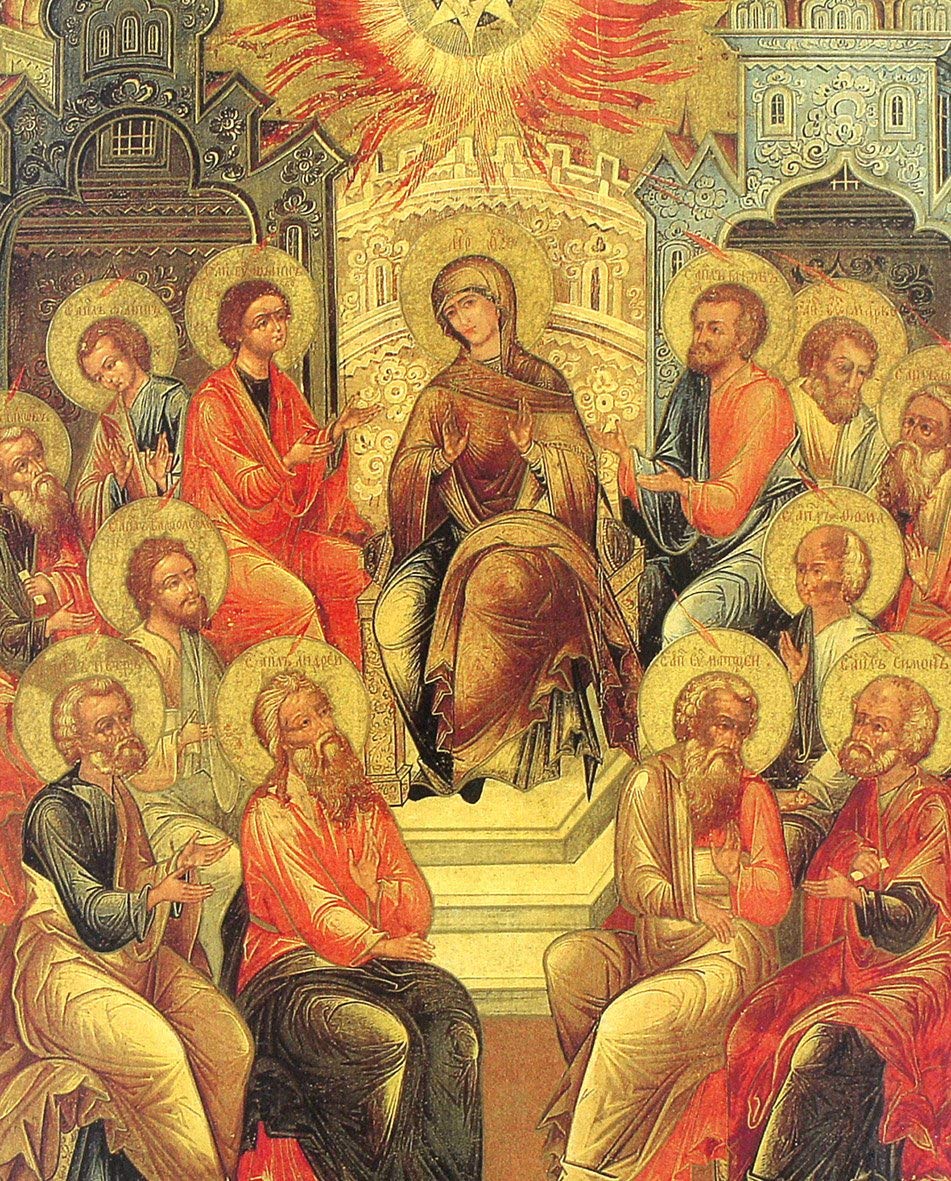The Charge of Weakly Souls
W hen a Monk Needs Time Out
hen a Monk Needs Time Out
At Chapter today we read the appointed passage from the Holy Rule. It was Chapter XXVII, on the care of the abbot for excommunicated brethren: that is, for brethen temporarily excluded from the corporate prayer and from the common table, not in a punitive way, but in a therapeutic way, motivated by mercy. There are situations in which an abbot is bound to say to a monk, “Go apart for a while, dear son. Take some time out. I dispense you from choir and from the refectory, in order to give you the space and freedom to reflect on why you are here, and on your relationship to God and to others.” Even today, the remedy, wisely applied, is an effective one. The monk given “time out” is not, for all of that, neglected. Saint Benedict would have the abbot care for him, as a physician would care for one laid low by illness.
The Care of Souls
What struck me this morning is that the injunctions of Chapter XXVII are applicable not only to the monastic context; they can be applied just as readily to the situation of a parish priest caring for the souls entrusted to him; or to the bishop charged with looking after his clergy; or even to the Pope in his solicitude for the whole Church.
Priests in the Vineyard
I am thinking especially, however, of those priests labouring in the vineyard who are, or who aspire to become Oblates of our monastery. They will find in this chapter of the Holy Rule, as in so many others, luminous principles for their care of souls and for the service of the Church.
Let the Abbot shew all care and solicitude towards the offending brethren, for “they that are whole need not a physician, but they that are sick.” To which end he ought, as a wise physician, to use every means in his power, sending some brethren of mature years and wisdom,* who may, as it were secretly, console the wavering brother, and induce him to make humble satisfaction. Let them comfort him, that he be not overwhelmed by excess of sorrow; but as the Apostle saith, “Let charity be strengthened towards him,” and let all pray for him. For the Abbot is bound to use the greatest care, and to strive with all possible prudence and zeal, not to lose any one of the sheep committed to him. He must know that he hath undertaken the charge of weakly souls, and not a tyranny over the strong; and let him fear the threat of the prophet, through whom God saith: “What ye saw to be fat that ye took to yourselves, and what was diseased ye cast away.” Let him imitate the loving example of the Good Shepherd, who, leaving the ninety and nine sheep on the mountains, went to seek one which had gone astray, on whose weakness He had such compassion that He vouchsafed to lay it on His own sacred shoulders and so bring it back to the flock.

